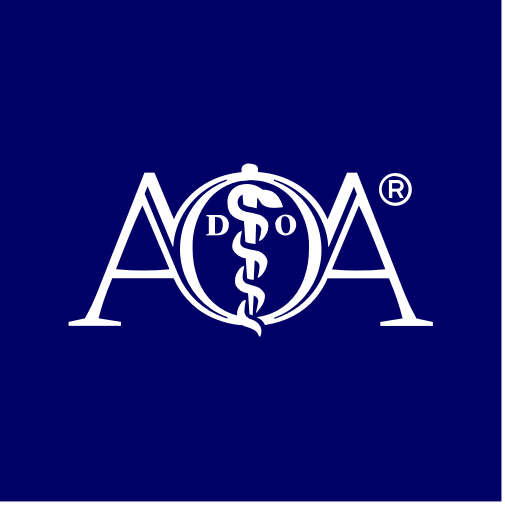
COURSE CREDITS & HOURS
16 AMA PRA Category 1 Credits™16 ACPE Credits
16.0 Contact Hours
16 (part II) MOC points in medical knowledge in the American Board of Internal Medicine's (ABIM) Maintenance of Certification (MOC) program
1 Hour of Pharmacology for Nurse Practitioners
CLE Credit may be available.
COURSE FEES
TARGET AUDIENCE
PROGRAM PURPOSE
- Taste and Smell
- increased awareness of common taste and smell disorders, testing methods and treatment options as well as awareness in association with systemic disorders
- Halitosis
- Increased awareness of analysis of breath disorders and halitosis. Providers will have treatments and testing strategies for halitosis
- Rhinitis - Not Just Allergy
- Formulate a treatment plan for the various forms of rhinitis and have increased awareness of conditions associated with nasal symptoms that are not true rhinitis disorders
- Head and Neck Manifestations of Reflux
- Increased awareness of the ENT disorders associated with reflux activity and be able to determine the likelihood that symptoms will improve with reflux treatments. The importance of non-pharmacologic treatments will be emphasized
- Narcolepsy and Other Sleep Disorders
- Increased awareness of symptoms of sleep disorders and have a diagnostic strategy for these disorders. Current treatment options will be discussed
- Sleep Apnea Update 2023 (3hours)
- Recognize the importance of screening all patients for sleep apnea and have an easy screening evaluation in their practice
- Consider all treatment options including newer surgical treatments such as Hypoglossal nerve stimulators
- Effectively manage sleep apnea with CPAP treatment in the primary care setting
- The Modern End-of-Life Care Medical-Legal Landscape
- Discuss ethically and legally appropriate end-of-life treatment choices with patients. Identify patients' options distinguish among legally appropriate and inappropriate choices
- Dying and the Patient With Decision Making Capacity
- "Define "advance directives" and identify their purposes
- Differentiate between instructional and decisionmaker advance directives
- Distinguish advance directives from physician orders such as DNRs and POLSTs
- Identify contemporaneous (not advance) choices for end-of-life care that patients may make when terminally ill.
- When the Patient Lacks Capacity (With or Without An Advance Directive)
- Explain state laws that permit family members or others to make decisions on behalf of incapacitated patients
- Analyze decision making standards governing those decisionmakers
- Palliative Care and Hospice
- Explain the difference between palliative care and hospice
- Explain Medicare requirements for coverage of hospice care, both the traditional rules and the new value-based rules
- Evaluate patients' requests or suggestions of hospice care made by other members of the are team or by hospice providers themselves
- Death by Neurological Criteria
- Explain how and why the law began recognizing medical professionals' use of neurological criteria to declare death
- Explain multiple types of objections raised by the family members of patients physicians believe are dead by neurological criteria or may be subject to testing for satisfaction of the requirements of death by neurological criteria
- Differentiate among various positions being taken during discussions of revision of the criteria to be satisfied
- Futility: When Some Clinicians Favor Termination of Treatment But Others, or Family Members, Don't
- Explain the concept of medical futility
- Compare state laws describing specific procedures and time periods applicable when clinicians view a patient's treatment as futile with state laws that are less specific
- Prepare for potential health care team members' or families objecting to withholding or withdrawal of life-sustaining treatment the majority of the team views as futile
- Beyond Withholding and Withdrawing
- Differentiate between medical aid in dying/medically assisted suicide and euthanasia
- Explain the range of statutory requirements in states legalizing the practice
- Identify trends in revisions to those state laws over time, as they guide practice
- Case Discussions and Debriefing
- Apply what was learned about end-of-life treatment choices to case studies
- Evaluate the relevance of principles discussed to attendees' practices
- Consider and respond to the viewpoints of other health care professionals, thus setting the stage for similar discussion as appropriate with interprofessional health care teams outside of the instructional setting































